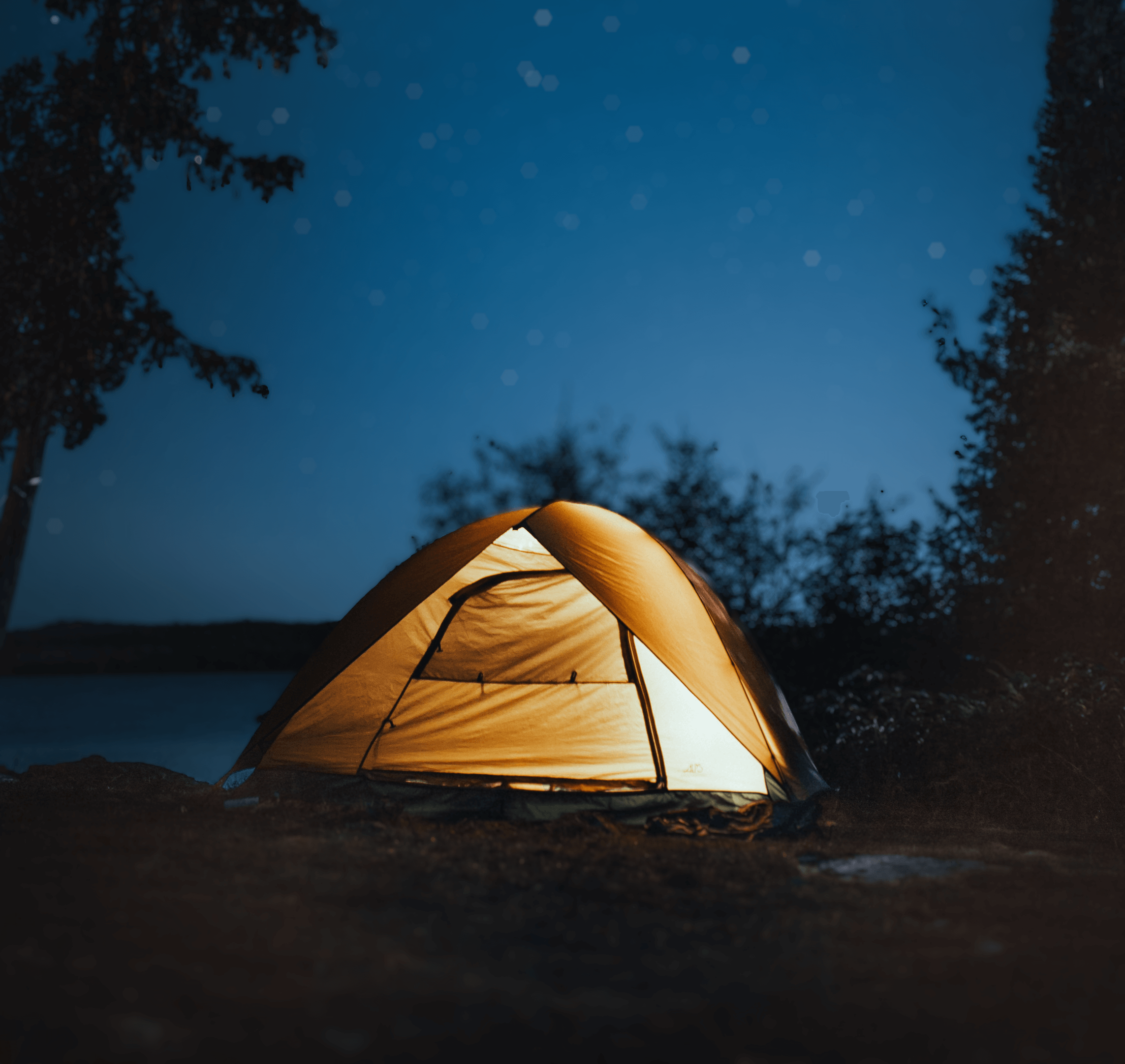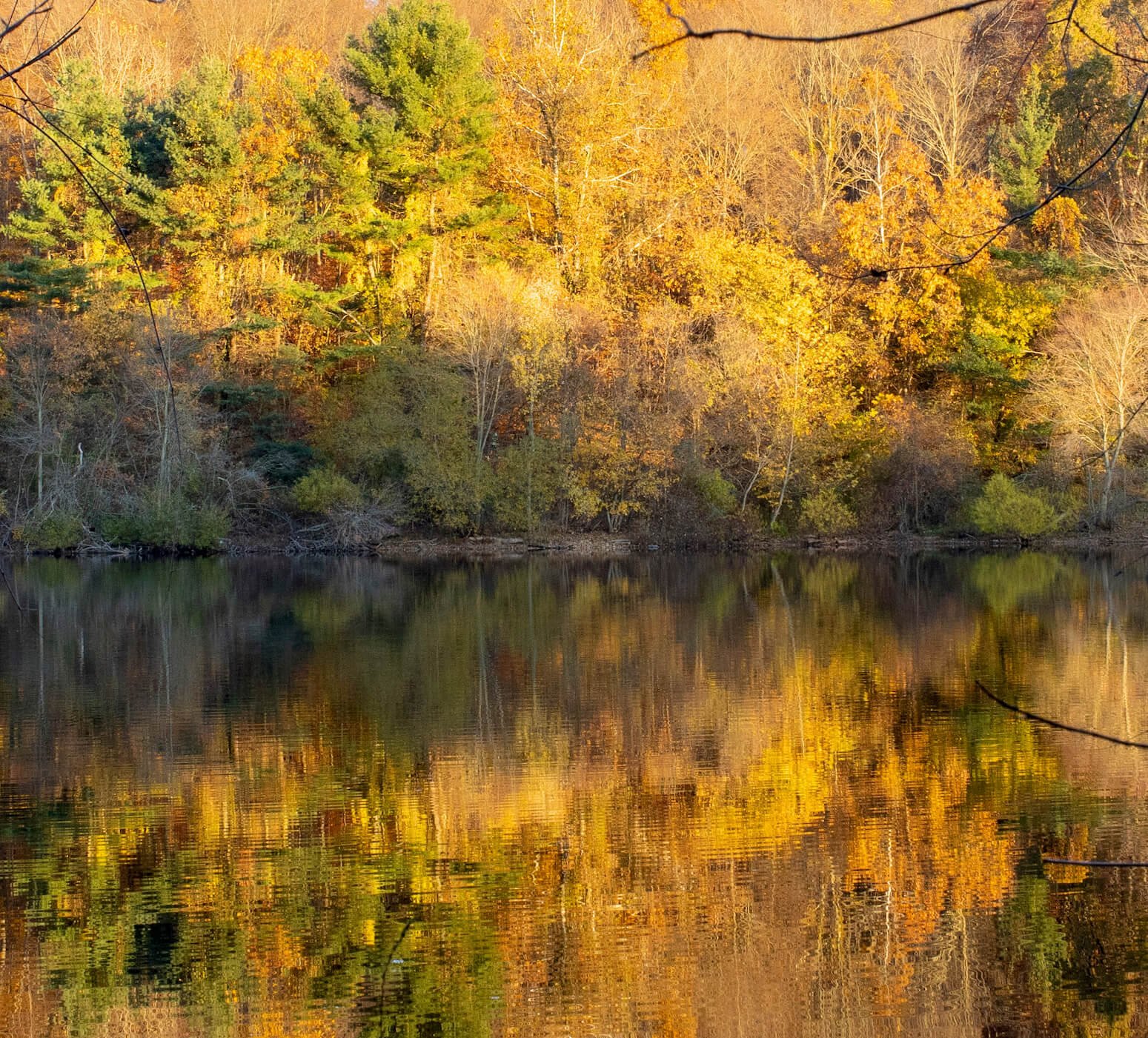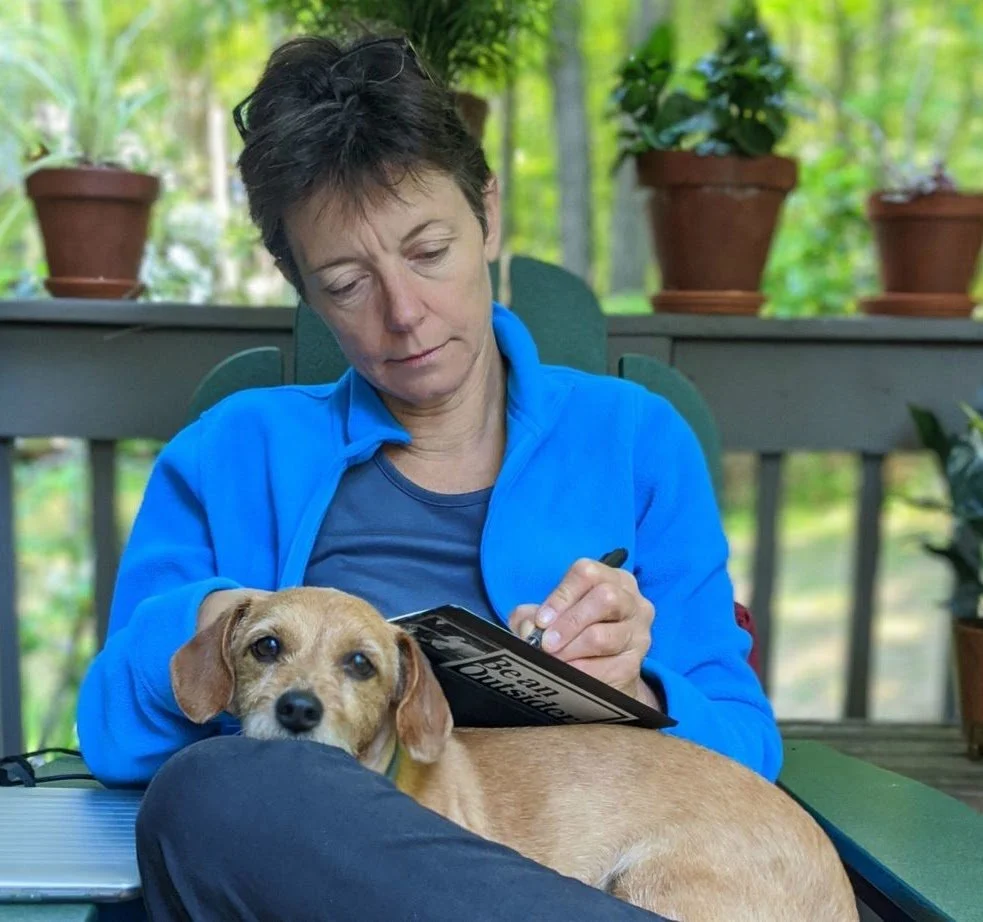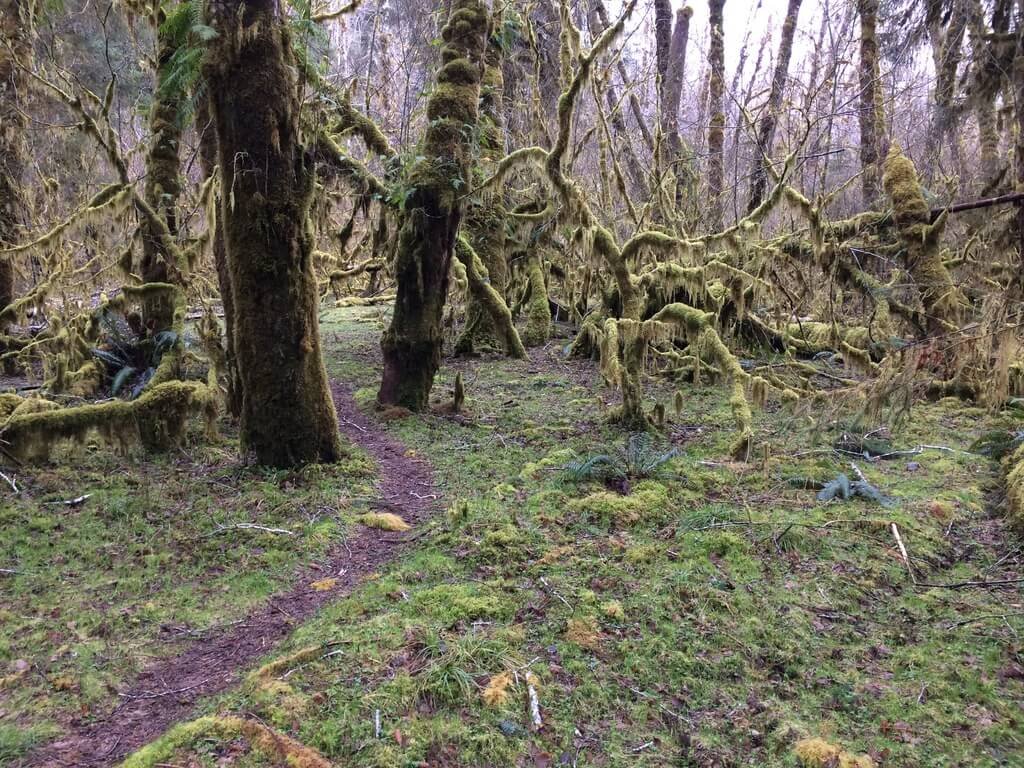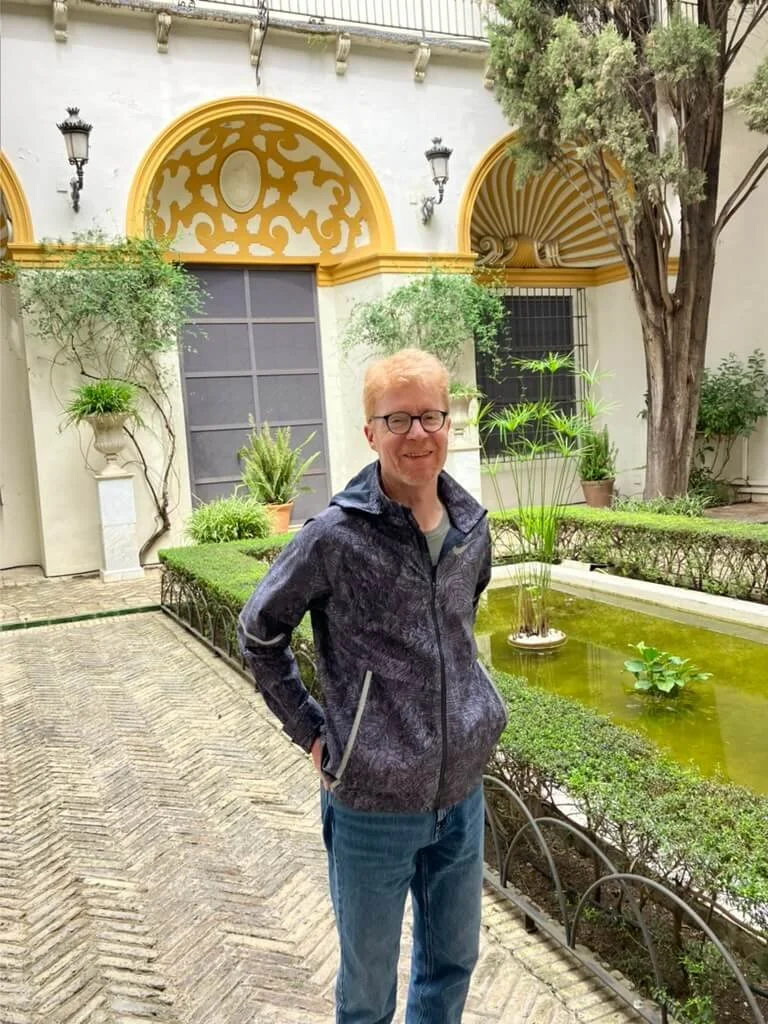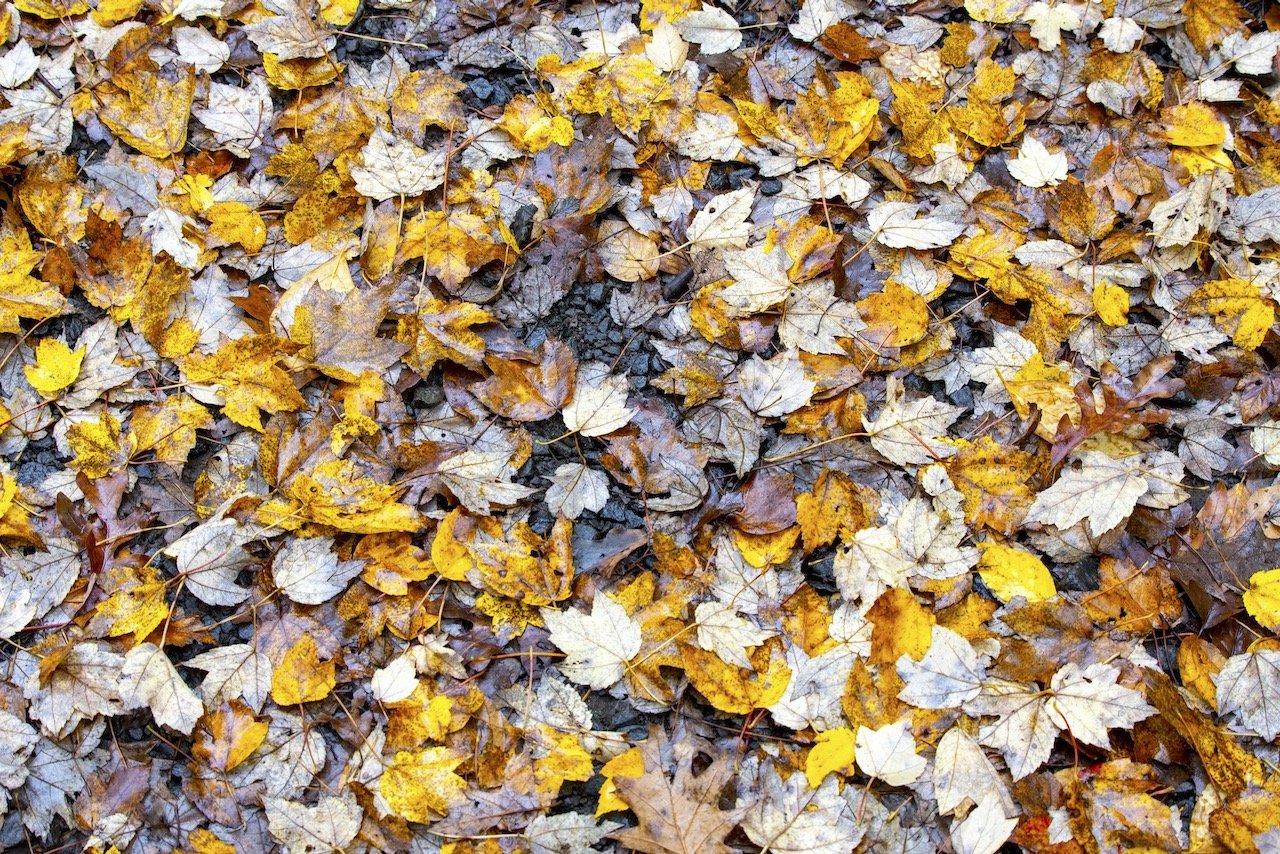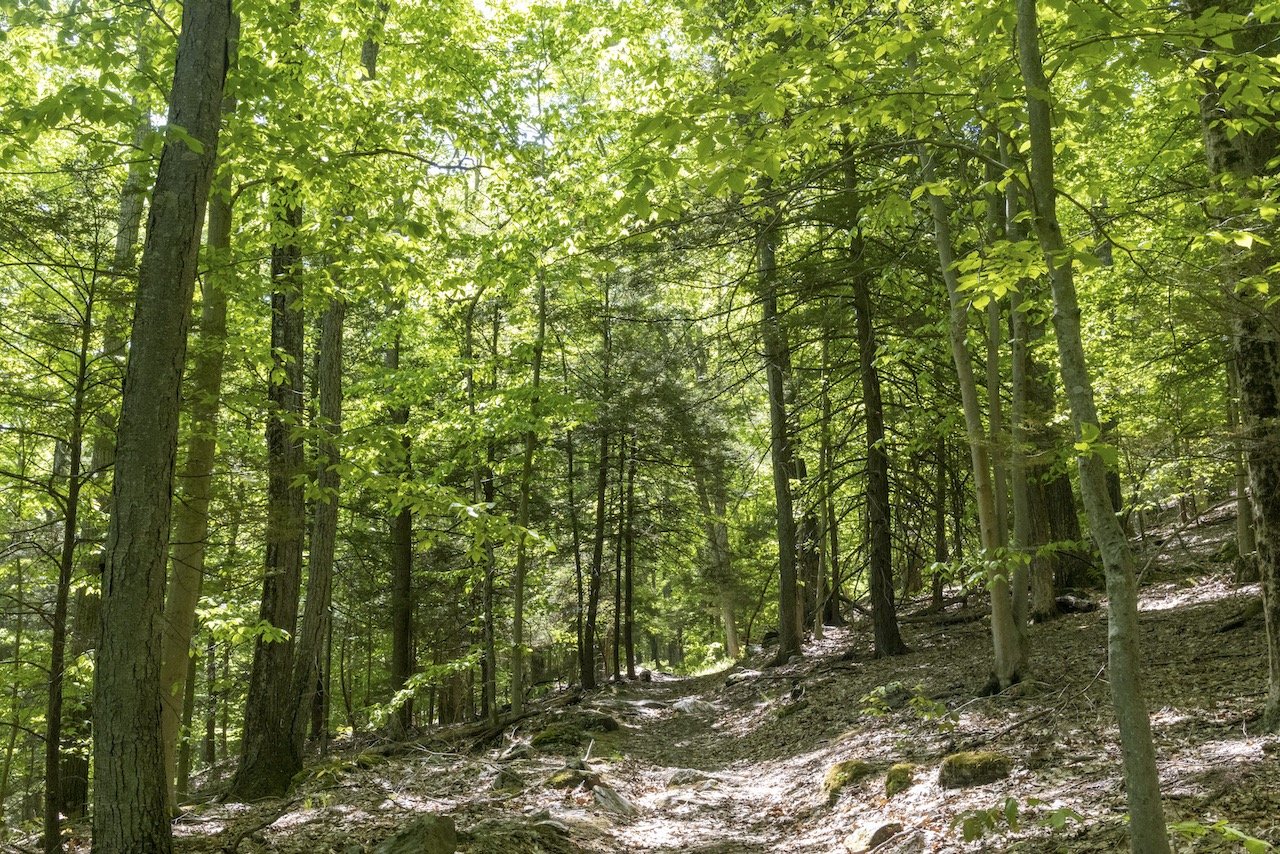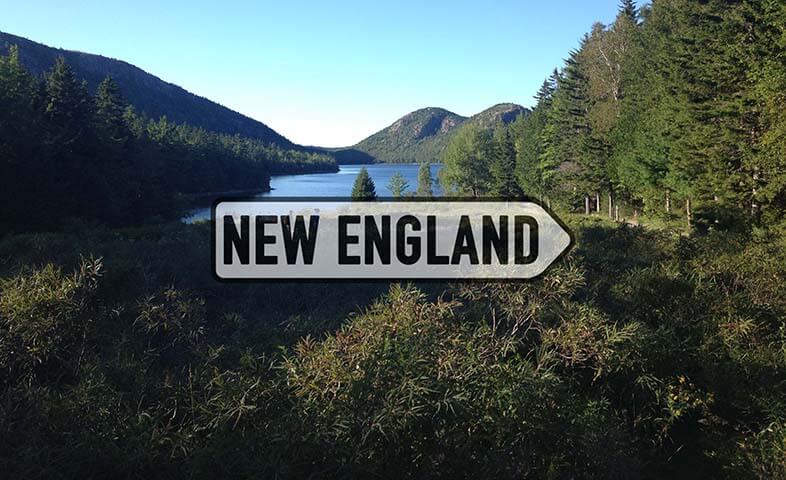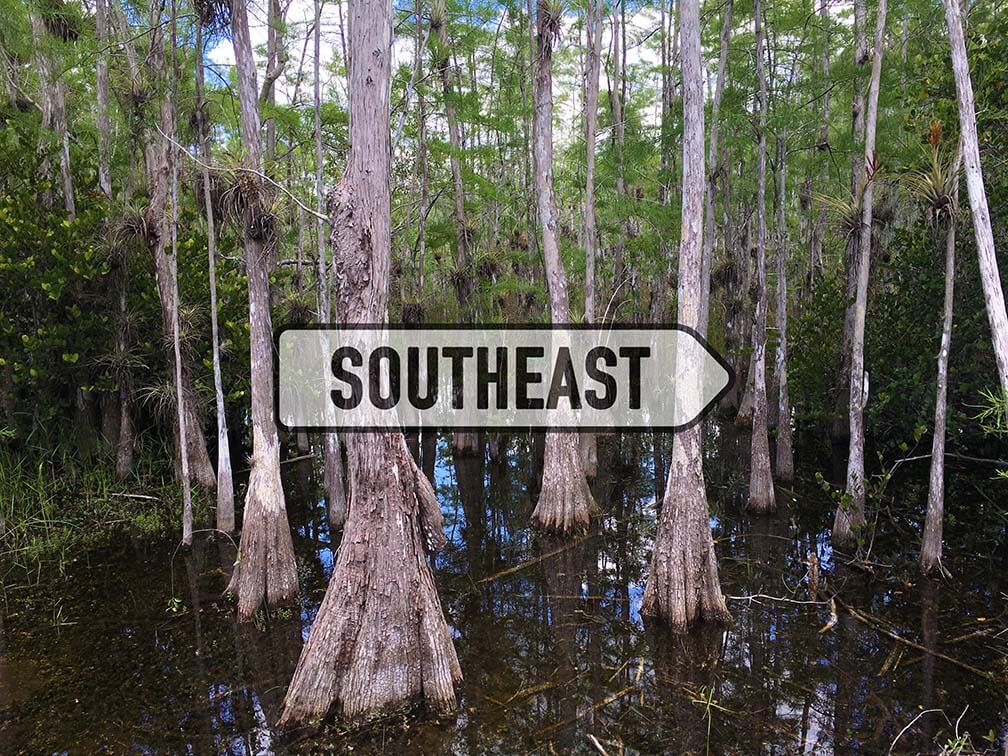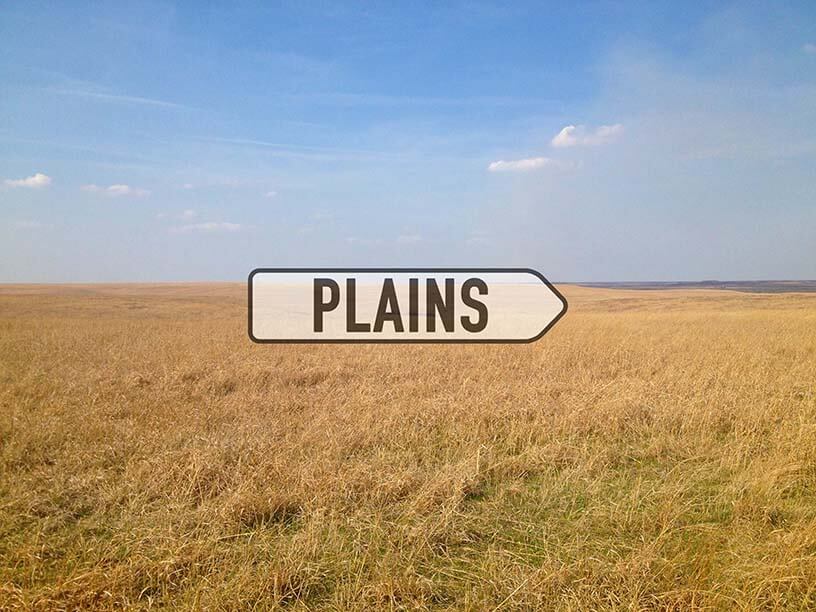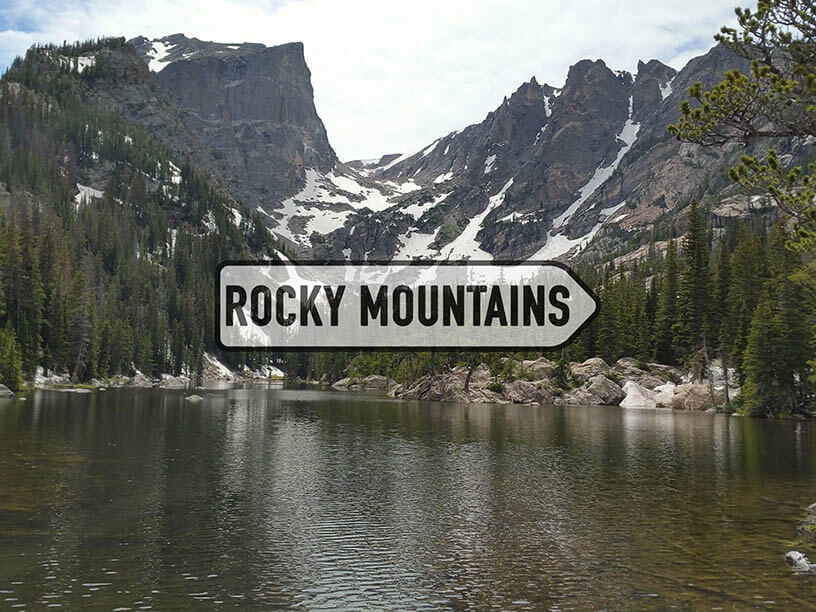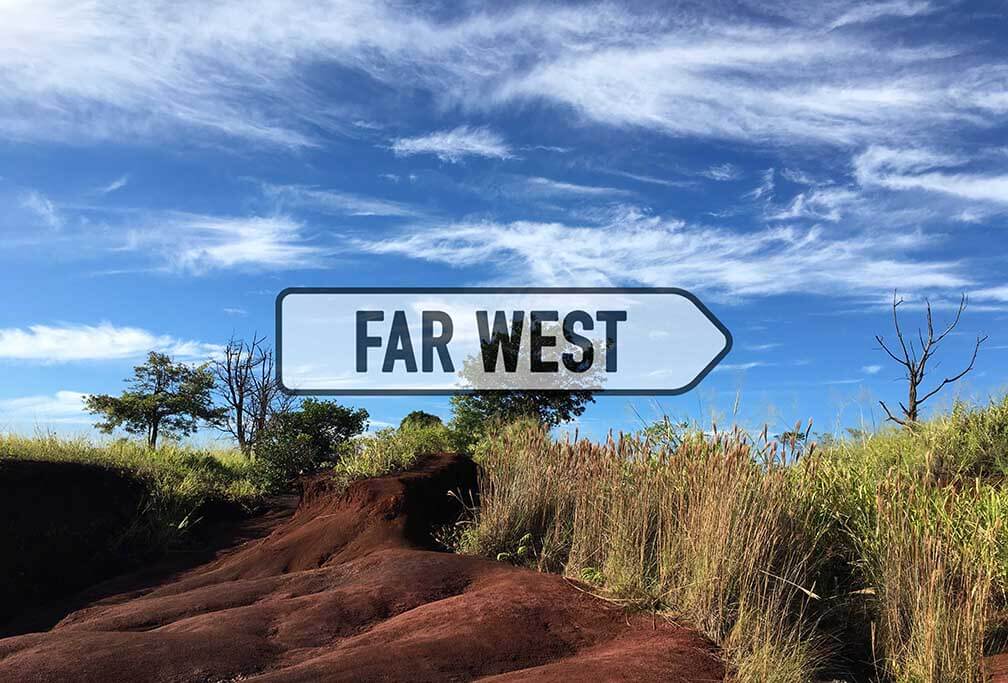Distant buoy bells filter up the forest heights.
Below, the tide rises, breathes, sinks
toward sleep as we murmur off the day.
A sickle moon cuts through
evergreens to shadow-dance the tent flap.
Paint-brush fronds of pine needles
soften sound while maple leaves translate
the breeze. Surf curls below the cliffs, and
each roll of bells syncopates with ocean swells.
Always, the night watercolor sea.
And how across its blue-black back
a lunar diamond blanket undulates.
Muffled, everywhere. Except a crackle
from the next tent’s firewood,
its nearby hiss of pitch.
Before dreams burrow in our sleeping bag,
senses tamp. Except hearing and balance:
cousins of the inner ear, playing tricks.
Your flashlight flicks back on. You ask,
as the two moons of your glasses glint,
Is it me, or are we in a boat adrift?
Eric Forsbergh's poetry has appeared in Artemis, The Journal of the American Medical Association, The Cafe Review, Streetlight magazine, The Journal of Neurology, Ponder Review, and multiple other venues. He has twice won the premier prize of the Poetry Society of Virginia named after Edgar Allen Poe, and has received a Pushcart nomination. His second book of poetry, on DNA and its implications, will appear in 2023.


